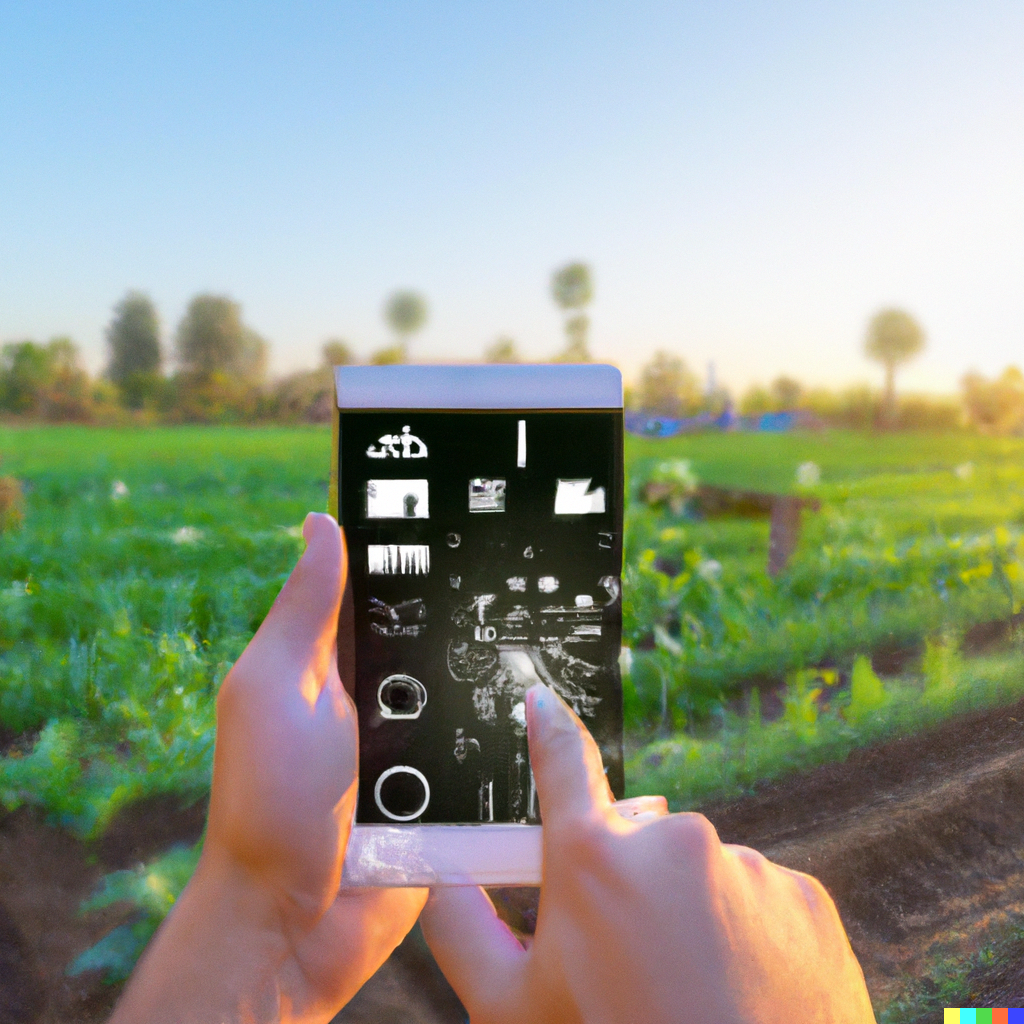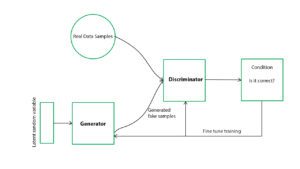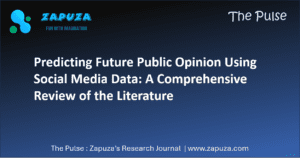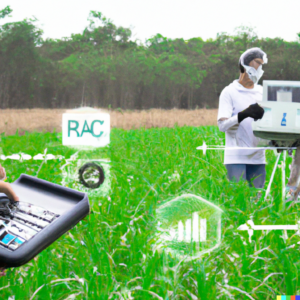Abstract
Smart agriculture, the use of advanced technologies to improve farming practices, has the potential to revolutionize the agriculture industry. One of the critical challenges faced by the industry is ensuring the traceability and quality control of agricultural products. The integration of blockchain and Internet of Things (IoT) technologies can address this challenge by providing a secure, transparent, and decentralized platform for recording and sharing data related to agricultural products. This paper explores the potential of blockchain and IoT integration in smart agriculture and discusses the benefits and challenges of this approach.
Introduction
The agriculture industry is facing significant challenges related to traceability and quality control of agricultural products. The lack of transparency in the supply chain makes it challenging to identify the origin of the products, the production methods used, and the conditions under which they were grown or processed. This lack of transparency can lead to food fraud, safety issues, and reduced consumer trust. The integration of blockchain and IoT technologies can provide a solution to these challenges.
Methodology
This paper reviews the existing literature on blockchain and IoT integration in smart agriculture. The paper analyzes the benefits and challenges of this approach and provides case studies of successful implementations of this technology. The paper also discusses the potential applications of blockchain and IoT in improving traceability and quality control in smart agriculture.
Results
The integration of blockchain and IoT technologies in smart agriculture can provide several benefits, including improved traceability, enhanced quality control, and increased transparency. The use of blockchain technology can create a tamper-proof record of agricultural products from farm to table, providing consumers with access to information related to the origin and production methods of the products. IoT sensors can provide real-time data on environmental conditions, crop health, and livestock welfare, enabling farmers to make data-driven decisions and optimize their farming practices.
Conclusion
The integration of blockchain and IoT technologies can provide a secure, transparent, and decentralized platform for recording and sharing data related to agricultural products. The use of this technology can improve traceability, enhance quality control, and increase transparency in the supply chain. However, the implementation of blockchain and IoT in smart agriculture faces several challenges, including the need for interoperability between different systems and the high cost of implementing this technology. Further research is needed to address these challenges and to realize the full potential of blockchain and IoT integration in smart agriculture.





